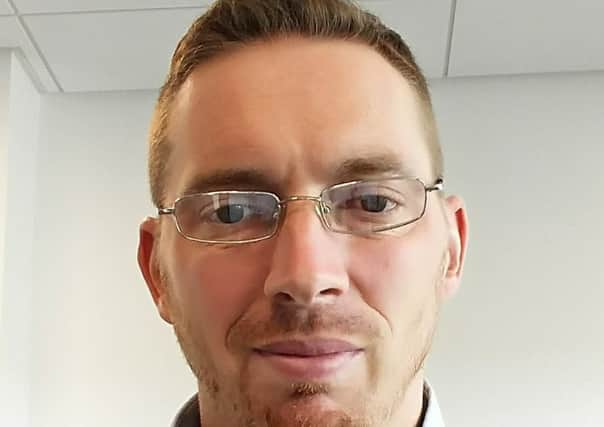Guest Column: Behind sporting fame can be mental health pain


Accompanying this can be an aura of invincibility, an immunity from things which may affect you and I.
Things such as mental illness.
That immunity of course is a fallacy, with NHL players Rick Rypien and Wade Belak, rugby league player Terry Newton and former footballer Gary Speed all taking their own lives, some with a known history of mental illness.
Advertisement
Hide AdAdvertisement
Hide AdOf course this doesn’t paint the whole picture, and tragically there are many more which could be added to this list.
Recently, I have been speaking with former professional rugby league referee Ian Smith about his own battle.
Ian has opened up about the verbal abuse he would receive whilst on the pitch and the impact this had on him.
Ian said: “Because you’re in an alpha male environment you keep quiet even though, inside, the criticism really hurts.
Advertisement
Hide AdAdvertisement
Hide Ad“This level of criticism had a massive impact on my mental wellbeing, but I never sought any help and just kept quiet about it.”
Ian’s story is one which, unfortunately, is not unique, with many retired sporting people feeling isolated and without purpose.
The difference is, within sporting professions retirement comes a lot sooner, which means those affected are faced with decisions about their future at a much younger age than most.
Ian continued: “After I left the sport I found myself feeling lost.
Advertisement
Hide AdAdvertisement
Hide Ad“My job, love and hobby had been taken away and I didn’t feel I had a reason to get up in a morning and that made me feel incredibly low.
“I needed help to find a way to get a ‘purpose’ back into my life.”
Ian ultimately sought help from a charity called Sporting Chance and through this became an ambassador for a sporting charity called State of Mind, which promotes positive mental health in the community.
He now visits schools and colleges, as well as public services such as the police and fires service, delivering workshops on mental fitness and is enjoying making a difference to people’s lives.
Mental illness is common, and can affect anybody.
Advertisement
Hide AdAdvertisement
Hide AdAs long as we have emotions, we have susceptibility. However this is not a sign of weakness and should not been seen as such.
Part of the challenge is battling the stigma, and promoting a more understanding society.
Stories such as Ian’s highlight we are moving in the right direction and there are people and organisations who can support in helping you to turn your life around and find your way through the darkness.